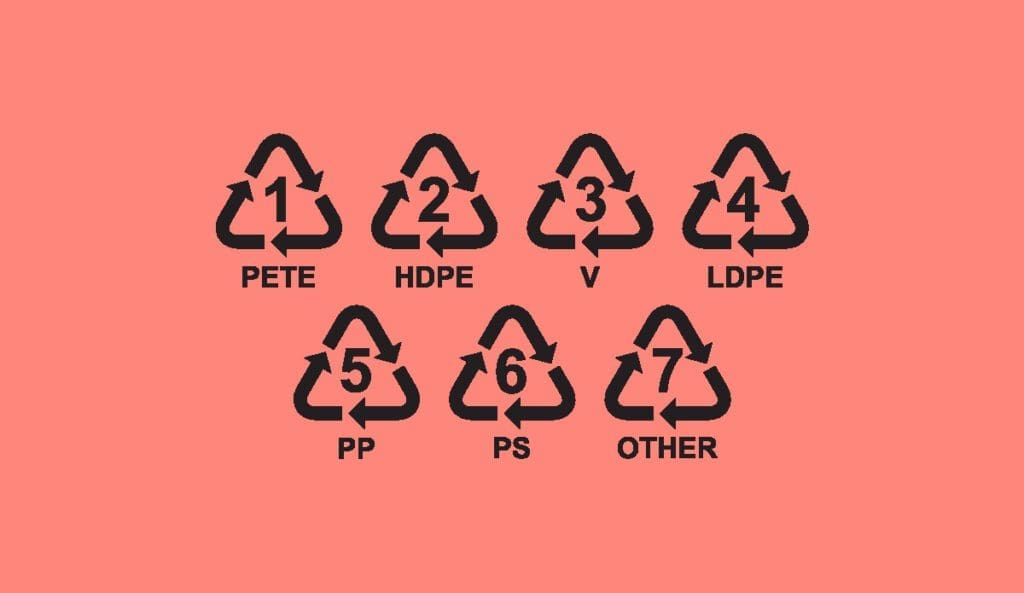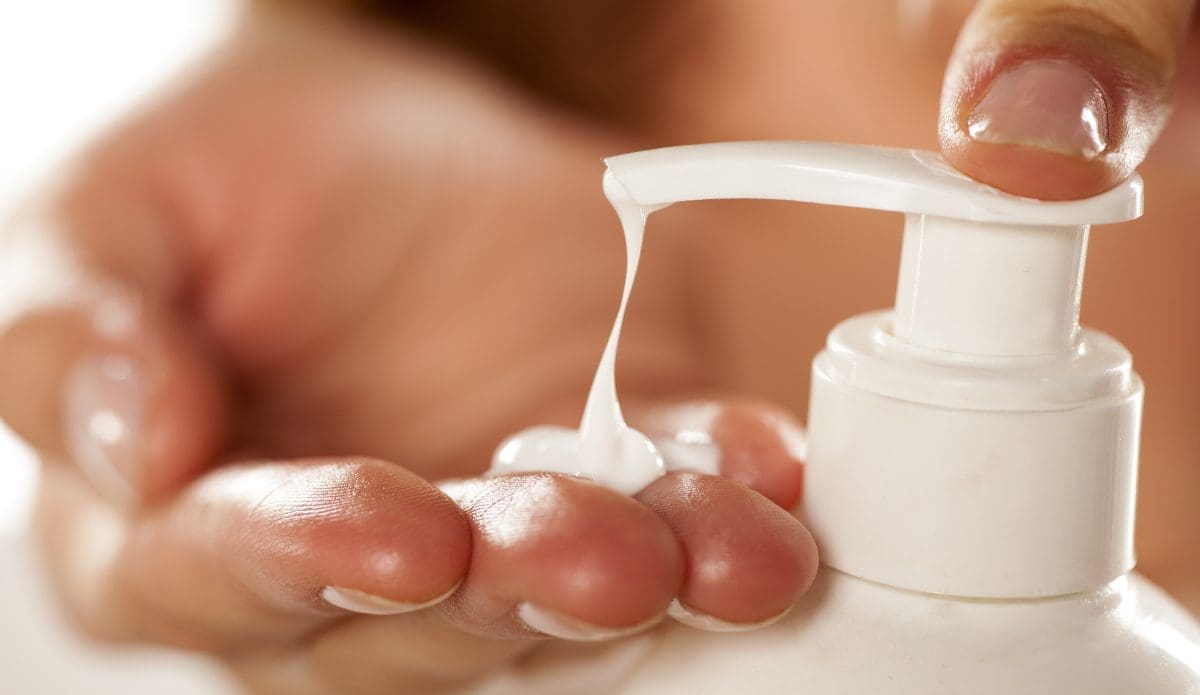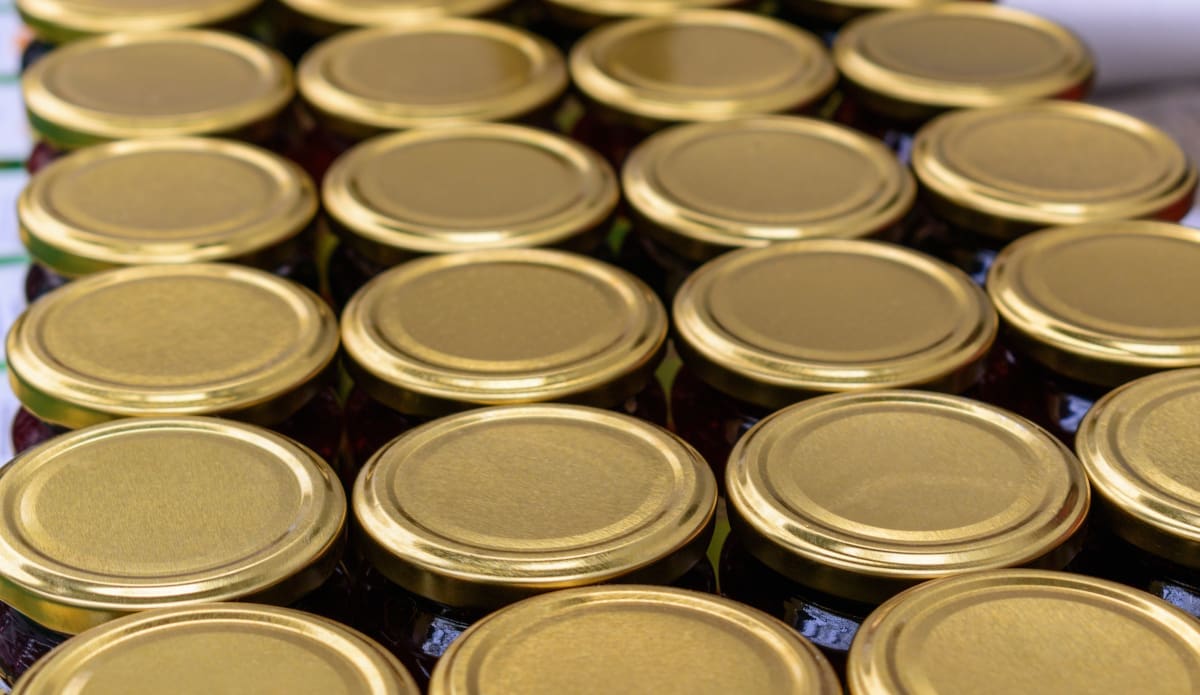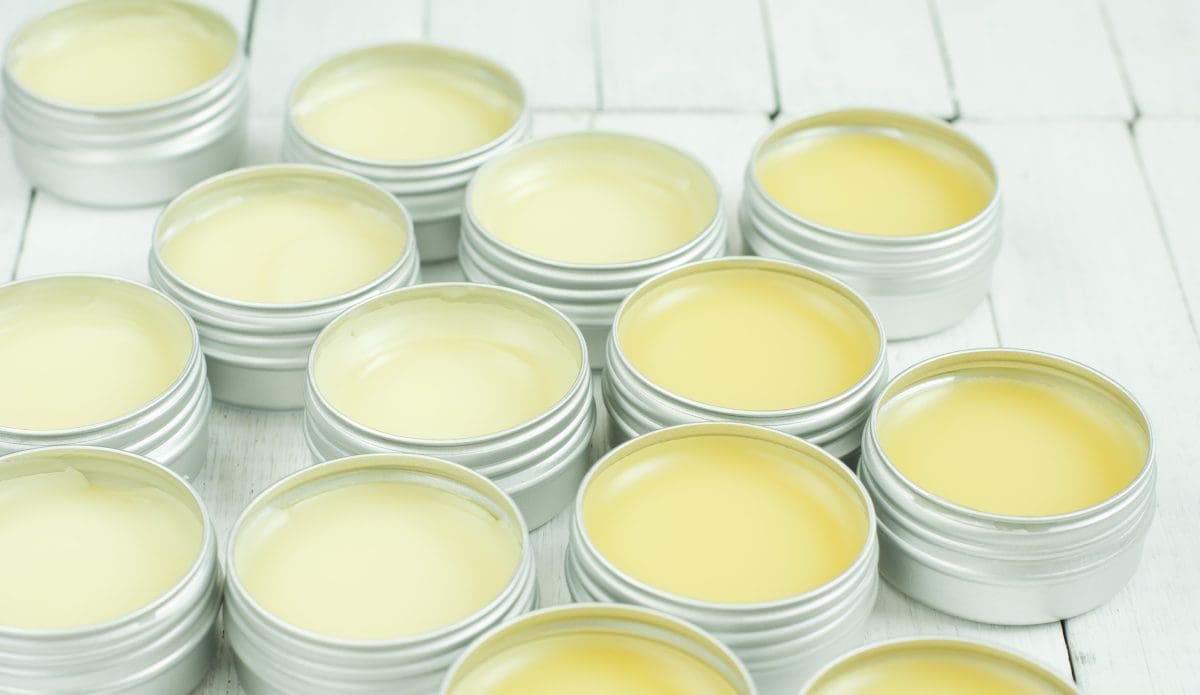You have probably heard about plastic recycling number. But what do these numbers mean for you and your New Zealand business?
There are seven different groups that plastics can belong to. Some are recyclable and some less so.
Plastic Recycling Numbers 101.
Understanding what they mean allows you to make better buying decisions and make choices that are more positive for the environment.
Kiwis each use 31 kg of plastic packaging every year, but only recycle 5.58kgs.
Understanding what can be recycled will assist you in making better decisions about what you supply your customers.
1. PET Polyethylene Terephthalate.
This is the plastic you’ll find used for water bottles and soft drinks. Salad takeaway domes, salad dressing and peanut butter jars and some biscuit trays.
It’s completely clear, tough and resistant to solvents, gas and moisture.
It can be recycled into pillows and sleeping bag stuffing, a range of clothing, and carpet. There is a recycling plant in Lower Hutt that processes PET.
2. PE-HD High Density Polyethylene.
This is the semi-flexible plastic that you see almost everywhere.
It’s opaque, often coloured and can be made into almost anything.
Shopping bags, milk bottles, ice cream containers, shampoo, conditioner, chemical and detergent bottles, buckets and agricultural piping.
It can be recycled into bins, buckets, detergent bottles, fencing, pipes and posts.
3. PVC Polyvinyl Chloride.
This hard-wearing plastic can be clear or opaque, flexible or rigid.
It’s used in almost everything from blister packs and bottles to roof sheeting, electrical conduit and watch straps.
In its second life, it can be transformed into flooring, cables, speed bumps, mud flaps, mats and packaging, amongst other things, although it’s difficult to recycle in NZ.
4. PE-LD Low Density Polyethylene.
This plastic is soft, flexible, with a waxy-type surface. It can be damaged easily.
It takes glad wrap, rubbish bags, squeeze bottles and irrigation tube and turns it into bin liners and pallet sheets.
LDPE plastics are easily recycled in NZ.
5. PP Polypropylene Plastic Recycling Number.
A hard plastic which retains flexibility, this plastic is versatile.
From ice cream tubs and potato chip bags, straws to garden furniture, packing tape to microwavable dishes, this plastic type is stable and used in a huge range of items.
It’s recyclable into pegs, bins, pallet sheets, car battery cases and trays.
6. PS Polystyrene Plastic Recycling Number.
This is clear or opaque, rigid and brittle. It’s resistant to heat but can be affected by fats and solvents.
It’s used in CD cases, plastic cutlery, some low-cost toys and imitation glasses.
It can be recycled into coat hangers, components of white-ware, and some stationery accessories.
PS-E Polystyrene Expanded.
This is the polystyrene you know from packaging, hot drink cups and take away containers, and foam meat trays.
It cannot be recycled in normal kerbside recycling, but if the polystyrene is clean, businesses can ensured it’s re-used and turned into insulation.
7. Other Plastic Recycling Numbers.
This is the blanket category for every type of plastic that doesn’t fit into anywhere else.
Because the classification system was developed in 1988, any plastic formulated since then falls into this category.
Plastics such as nylon fall into this group. Car parts, electronics, water cooler bottle and packaging all are grouped here.
These plastics can be recycled into car parts, concrete aggregate and faux timber.
What does this mean for you?
As a business owner, your contribution to the environment is incredibly important.
Where possible, invest in recycled plastic for packaging and storage.
There are a range of options available, and you are contributing to NZ’s circular economy.
Contact us to find out about our range of recycled plastic products.
When recycled plastics aren’t available or possible due to food packaging requirements, choose containers that are easily recycled and have lots of possible uses.
Number 1, 2 and 4 are the easiest and most cost effective to recycle.
Your contribution to protecting New Zealand’s environment is incredibly important.
So your business decisions and choices of plastics may impact many consumers.
They also care about our beautiful country, and so by you making better choices when it comes to your plastic use, you’re ensuring your customers are happy too.




